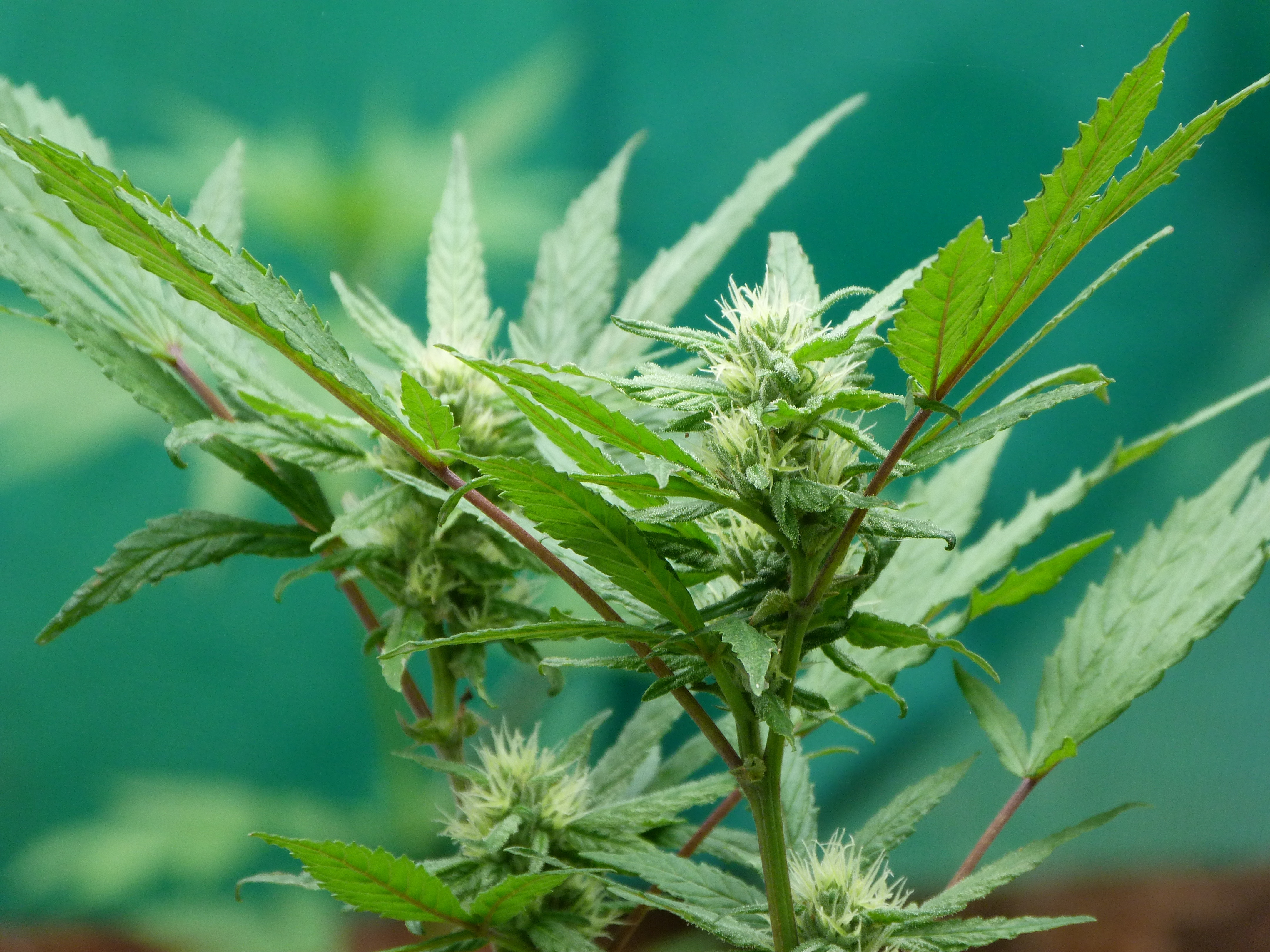
What is CBD? Should I Try It?
CBD oils, ointments, tinctures and candy seem to be everywhere. If you are confused about the hype and exactly what CBD is, you are not alone. I’ll try to give you the basics here, and if you want more details, I’ve added some resources at the end of this blog.
CBD is not “pot.”
CBD is a natural chemical found in the Cannabis plant. THC is also a natural chemical found in the Cannabis plant. CBD is quite different from THC: CBD does not produce the euphoric “high” or psychoactive effect that comes from THC, and CBD can be sold legally in all 50 states. There are different strains of Cannabis which have different proportions of THC and CBD, but basically the marijuana strain produces more THC and the hemp strain produces more CBD. In fact, “industrial grade” hemp has been bred for CBD and practically no THC. CBD from hemp is the chemical that is in the legally sold DBD products.
What are the benefits of CBD?
CBD is an effective pain reliever for many people suffering from arthritis, muscle aches, and skin inflammations. It also has been helpful to people with anxiety and difficulty sleeping. Every article you read, including this one (!), will caution you that studies are sparse, scattered, and inconclusive. Which is a good part of why the industry needs regulation by the Food and Drug Administration. However, CBD has been used for hundreds of years for pain and anxiety, side effects are minimal (but need more study), and anecdotal reports are very positive & widespread.
How does CBD work in the body?
Obviously, since I sell it to my patients, I believe the benefits are real and the product is worth trying.
CBD and THC are 2 of over 100 chemical compounds called cannabinoids. Our bodies also produce cannabinoids and even has something called the endocannabinoid system (ECS). This ECS consists of cellular receptors for cannabinoids, enzymes which regulate the production of cannabinoids, and the cannabinoids themselves. Different types of cannabinoid receptors respond to different types of cannabinoids. Some, mostly in the peripheral nervous system respond to CBD type cannabinoids and seem to help regulate functions such as sleep, immune-system responses, inflammation and pain. Current research suggests that CBD exerts its effects on the body by causing the ESC to make and use its own cannabinoids more effectively.
How should I use CBD?
Ahh, that is the question! Because CBD is not yet regulated by the FDA, there are no systematic guidelines for using CBD. Right now, the best advice is to start with low doses and increase the dosage until the desired effect is reached.
So, what is a low dose? Another good question. The answer depends a lot on how it is taken: you can swallow a pill, inhale it with a vape pen, or put drops of tincture under your tongue (CBD extracted with alcohol and mixed with an oil such as coconut oil), or massage a cream or oil into your skin. The method of delivery affects how much of the chemical reaches receptors, and the timing of relief. In general: The vape pen delivers relief within a few minutes but wears off relatively quickly. Tinctures take about a half hour to work but last a few hours. Creams and ointments also take 20 minutes or so and last a few hours. To further complicate the issue, everyone seems to respond differently – for any number of possible reasons.
That’s a lot of variables!
Yes, it is. However, a lot of the confusion is probably due to the lack of regulation. Testing has shown that products are all over the board in terms of amount of CBD, purity, and various other ingredients. The answer is to buy CBD products from reliable sources, such as a trusted health care provider – we only sell therapeutic grade products that we trust. If you buy products elsewhere go to the website of the CBD producer/grower and make sure it is produced in the US, certified organic, and third party tested.
Other relevant terms:
- Hemp oil – oil extracted from the seeds of the hemp plant. There are no cannabinoids in hemp oil. This ingredient is packed with healthy fats and is used in foods and skin care products.
- Isolate – the product is 100% CBD cannabinoids.
- Full-spectrum – the product includes other cannabinoids. There is debate about whether full-spectrum CBD is more effective than CBD isolate.
- CBD oil – CBD is extracted from the plant and then added to a carrier oil, such as coconut oil.
Some on-line sources:
How CBD and THC might work with the endocannabinoid system: https://www.verywellhealth.com/what-is-the-endocannabinoid-system-417185https://www.medicalmarijuanainc.com/differences-cbd-thc/ 5 http://headsup.scholastic.com/students/endocannabinoid
How are cannabis, marijuana & hemp plants related: https://www.leafly.com/news/cannabis-101/sativa-indica-and-hybrid-differences-between-cannabis-types
Possible benefits of CBD: https://www.medicalnewstoday.com/articles/319475.php
Where is CBD sold legally: https://www.hempurecbd.com/is-cbd-oil-legal-in-all-50-states/
